Two Assembly constituencies in Mumbai—172 Anushakti Nagar and 173 Chembur—will follow the ‘green election model’ idea, which includes increasing the vote share by adopting environmental practices to leave zero carbon footprint after the elections are over.
IAS officer Dr Heera Lal Patel, who had successfully implemented the concept of climate mitigation in Uttar Pradesh and Punjab, has brought the model here as Election Observer of these two constituencies in Mumbai. Dr Patel had implemented the idea as Returning Officer/District Election Official of Banda city in Uttar Pradesh in the 2019 Lok Sabha election and the Anandpur Sahib Lok Sabha constituency in Punjab in June 2024.
The green election concept is about significantly reducing the environmental footprint of the election through the use of biodegradable materials and the promotion of tree planting drives. The initiative also includes spreading awareness and educating the public on eco-friendly practices.
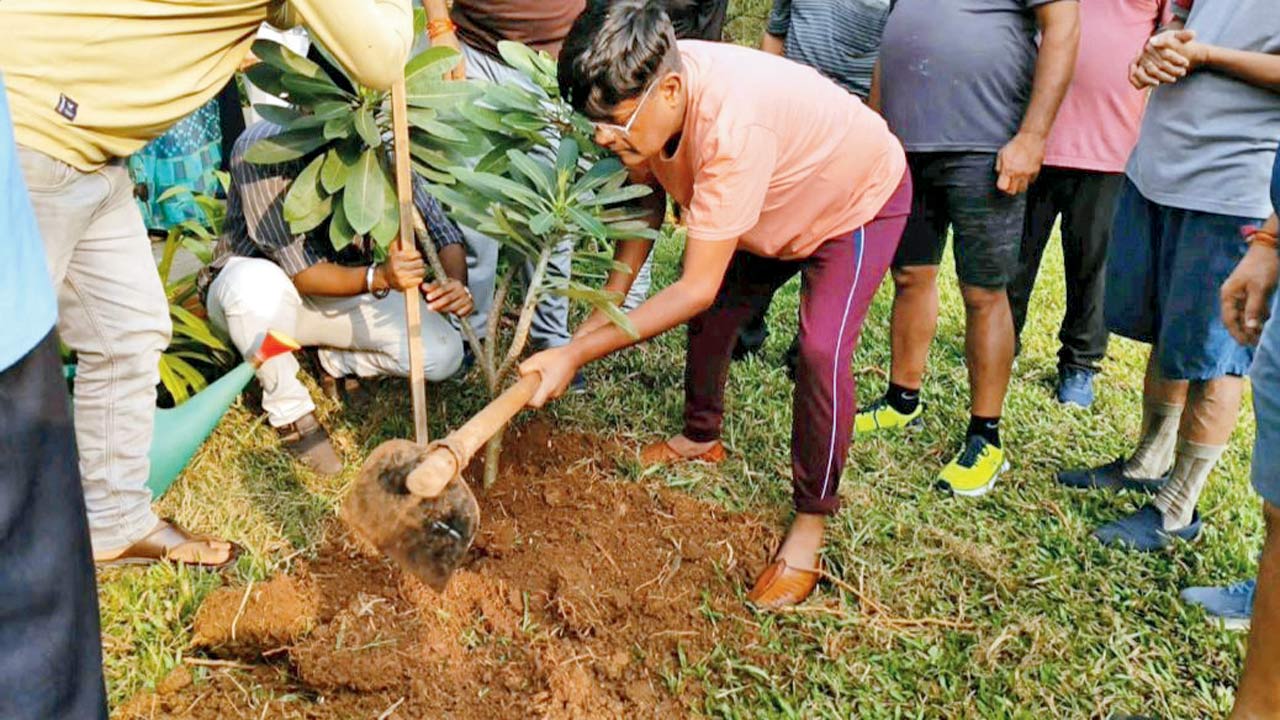
Dr Heera Lal Patel planting a sapling
“The Election Commission of India (ECI) expected elections to be free, fair, transparent, and eco-friendly. However, the term ‘eco-friendly’ wasn’t widely known or easily understood by everyone. To make it simpler and more relatable, we decided to use the term ‘green election’. Both ‘green’ and ‘election’ are common words that people easily and widely understand. By calling it a green election, we aimed to promote the idea of environment-friendly elections in a way that resonated with everyone,” Dr Patel, the Election Observer for Anushakti Nagar and Chembur, said.
“Our team encourages voters and citizens to plant trees on the voting day or before. Frequent meetings of officials at all levels ensure wide visibility and support for the initiative. Besides using recyclable material for the elections, there has been a focus on digital campaigns to avoid the use of paper,” he said.
According to Dr Patel, the Assistant Returning Officers (AROs) select persons active in environment protection and climate change mitigation, make a constituency/block-wise list of persons and promote green elections and environment protection through them as brand ambassadors of an environment-friendly election process.
“Our teams also visit schools where students are encouraged to ask their parents and relatives to go out and vote. In addition to this, AROs must organise debates between political parties, schools, colleges and education institutes to promote environment protection and green election,” he added.
What going green means...
- Zero plastic; completely biodegradable materials to be used so no waste is generated.
- Completely recyclable stationary to be used for all election material.
- Encouraging and counselling voters to plant one sapling per vote.
- Focus on digital documentation to reduce paperwork.
- Asking corporates and banks to adopt local parks and gardens.











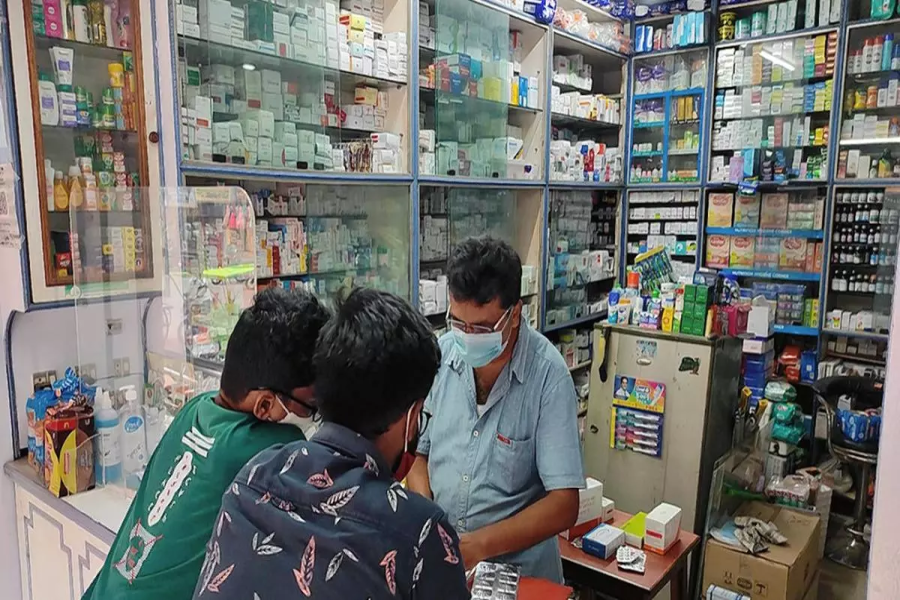
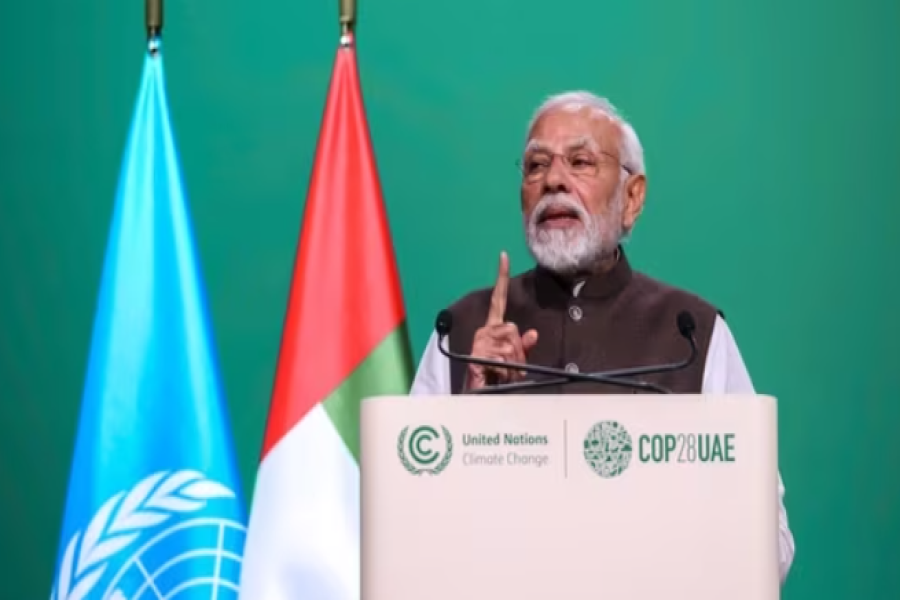
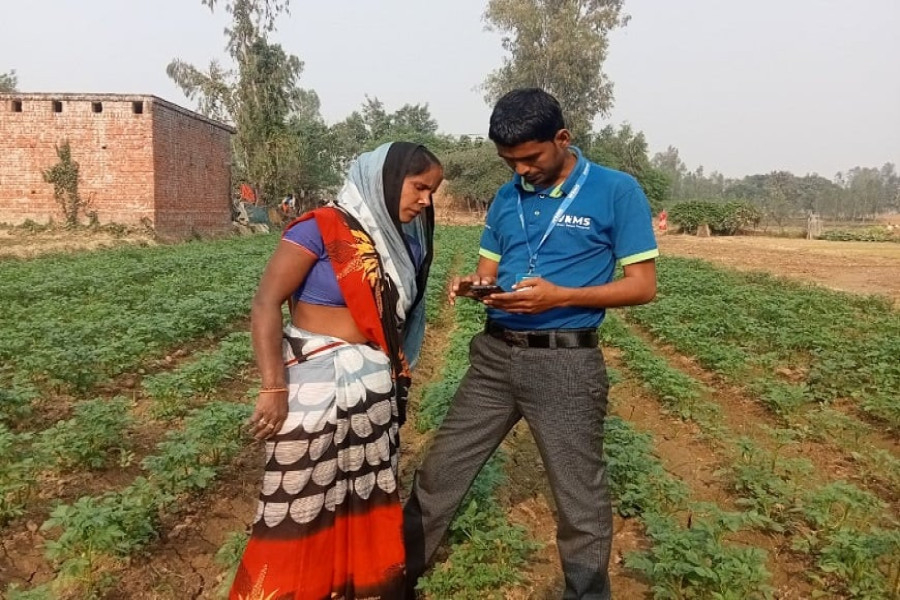
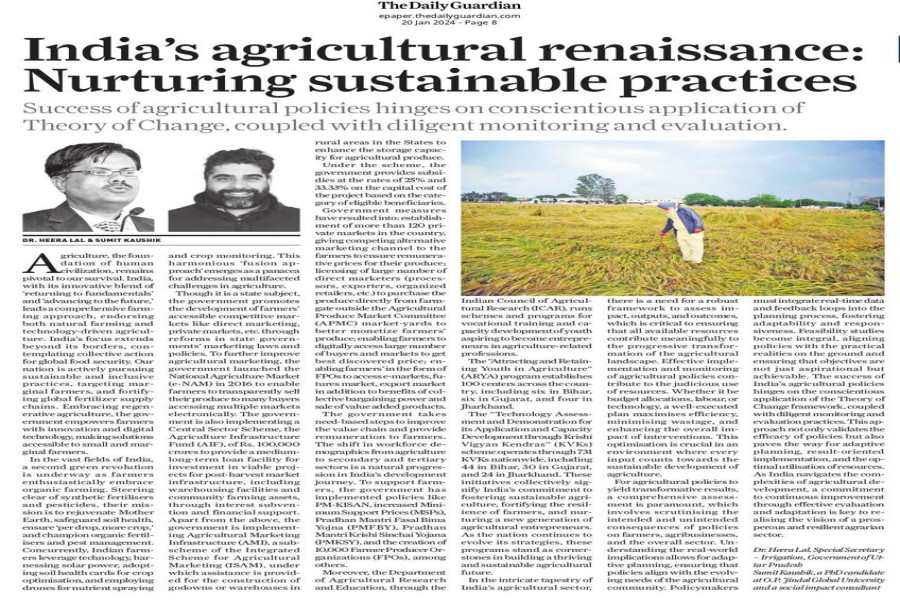




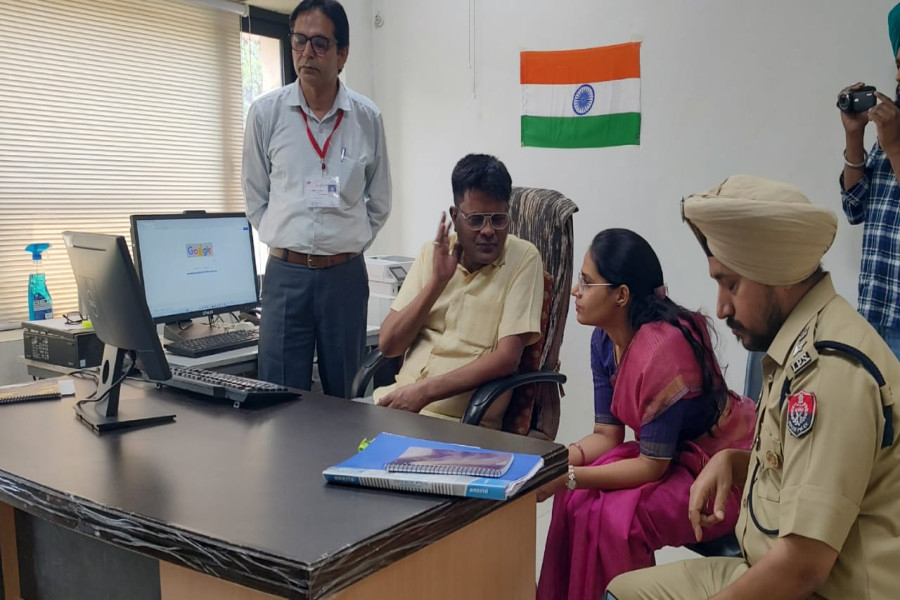


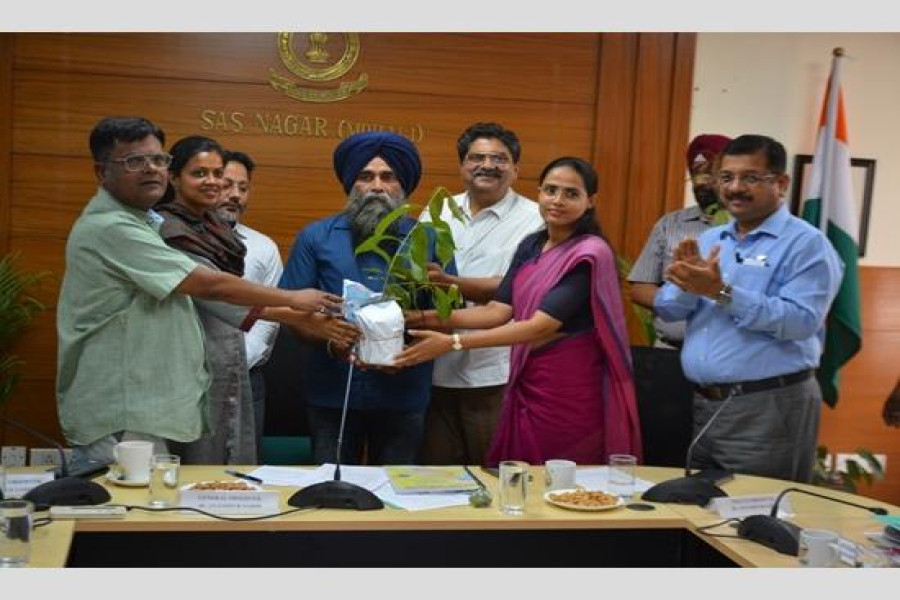

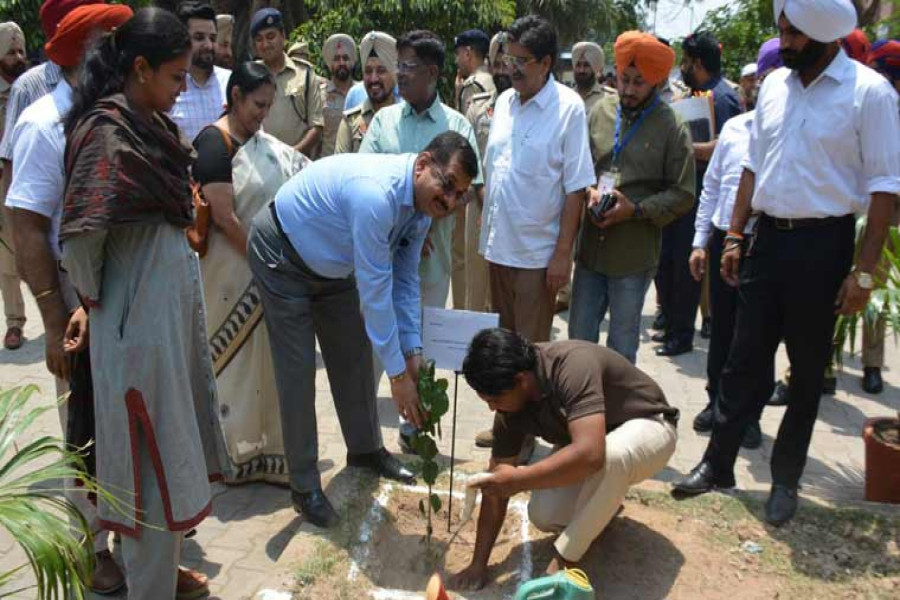
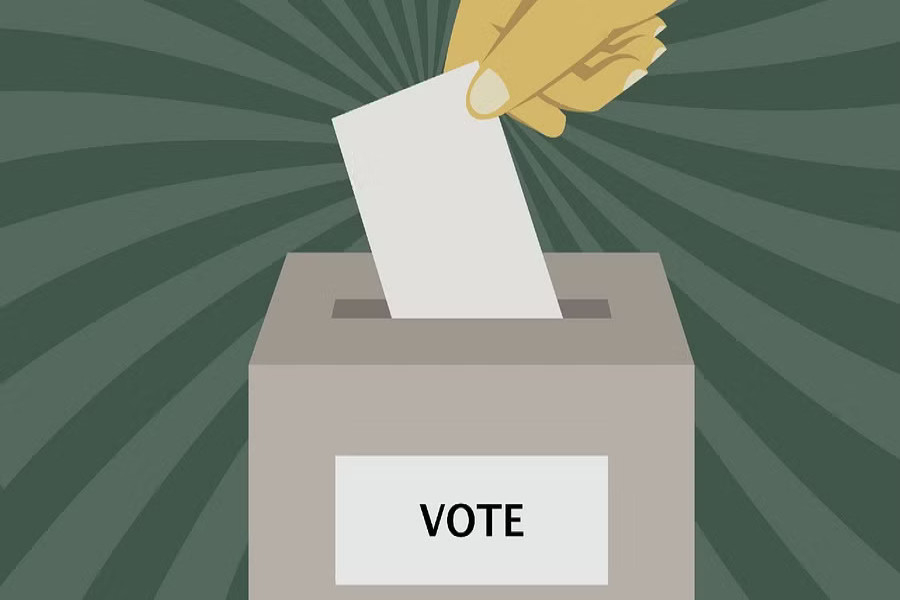
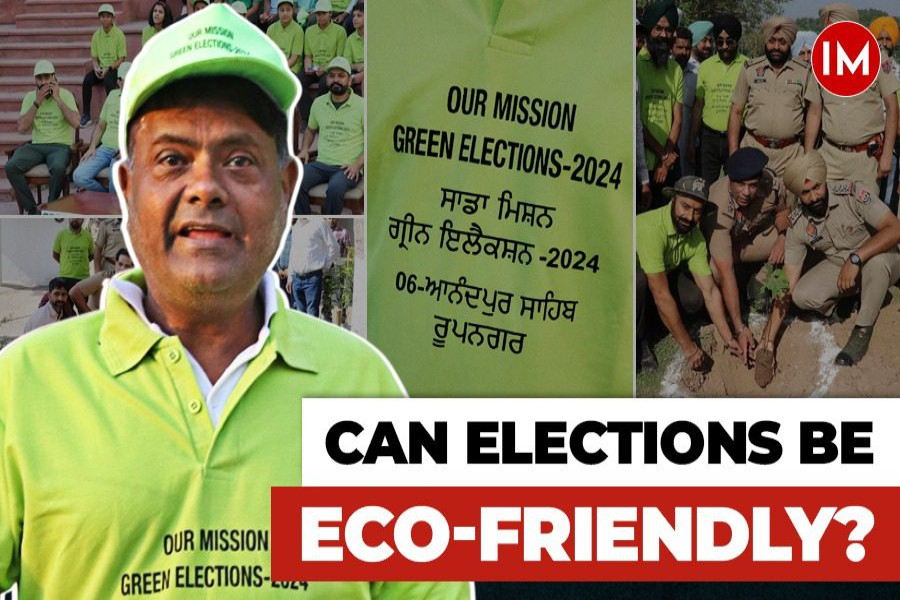
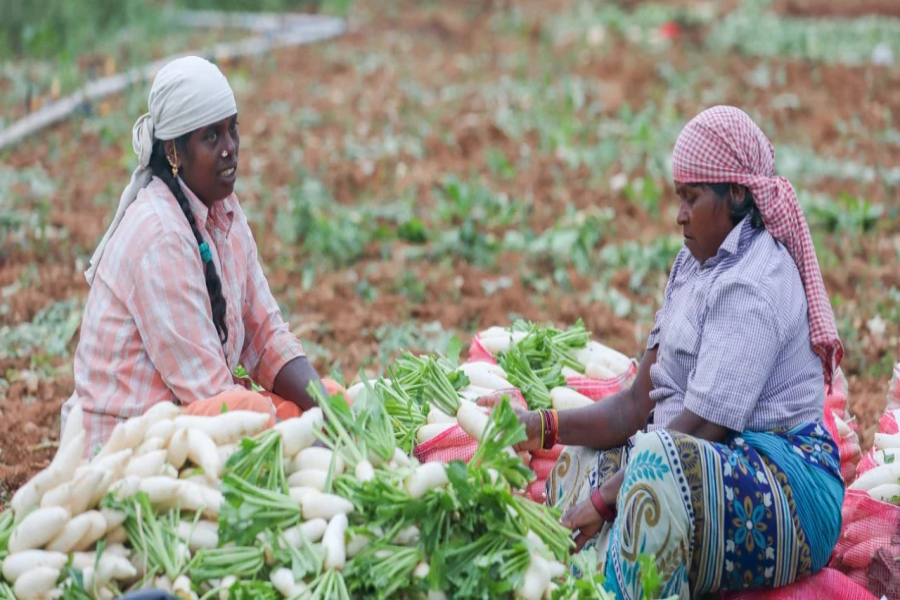


.jpg)